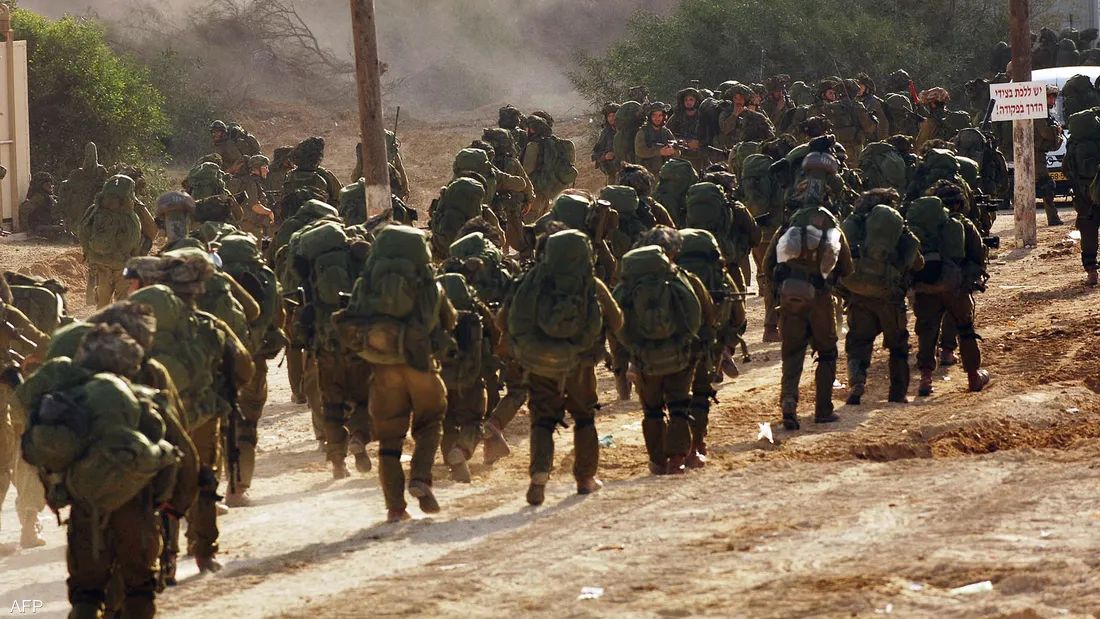
Lebanon remains on quiet alert after Israel claimed responsibility early on Friday for a series of large-scale strikes targeting Iranian military and nuclear infrastructure. While the thunder of missiles rumbled in the distance, the political, logistical and emotional aftershocks are already reverberating across Lebanese society.
A Subtle Fear
In Nabatiyeh, South Lebanon, schools closed before students even arrived. A flurry of messages from school administrations urged parents to keep their children home, “as a precaution,” they said. In the southern suburbs of Beirut, similar caution prevailed: many schools suspended classes without waiting for official instructions. This morning, the streets around educational institutions remained eerily calm, almost frozen in time.
Residents fear that Lebanon, as in every major regional flare-up, could be dragged into the vortex. According to Israeli media, the Israeli army has already prepared an operational plan in case of rocket fire from Lebanon. The threat is no longer abstract: on Friday morning, an Israeli drone dropped a bomb near a fishing boat off the coast of Ras Naqoura in southern Lebanon.
Silent Skies, Planes Grounded
At Beirut International Airport, the usual rhythm of announcements has slowed to a murmur. Airlines such as Emirates (the largest carrier in the Middle East) and Sundair have canceled flights to and from Lebanon, citing the closure of multiple neighboring airspaces, including Jordan, Iraq and Iran.
Middle East Airlines (MEA) has also suspended certain routes and rerouted others to avoid high-risk areas. While Lebanese authorities insist the airport remains “fully operational,” several flights have been canceled, with “cancelled” signs steadily taking over the departure screens. Offering calm yet cautious reassurance, the Director General of Civil Aviation, Amine Jaber, told local broadcaster MTV that no closure decision had been made – though more cancellations could follow as the situation unfolds.
In an interview with Huna Lubnan, Mr. Jaber stated that on Friday morning, “the Emirates Airlines flight to Beirut was canceled, as were the Fly Dubai and Cairo flights.” A flight arriving from Turkey was also suspended, he added. Furthermore, “the Amman airport was temporarily closed,” he noted.
In response to these disruptions, air traffic departing from Beirut International Airport has been reorganized. “Flights are now heading westward, particularly toward Cyprus, while eastern routes are being rerouted through Cairo,” Mr. Jaber explained.
To ensure passenger safety, the Civil Aviation Authority says it has set up monitoring cells in the region. “Interstate coordination is in place to guarantee flight safety. Under no circumstances will we put passengers at risk. Decisions are made in real time based on how the situation evolves,” he assured.
He also emphasized that the Minister of Public Works and Transport, Fayez Rasamny, has been at the airport since the morning, closely monitoring developments in coordination with the government and the presidency.
He concluded by noting that any changes to flight schedules, including delays or cancellations, will be officially announced on the Beirut airport’s website.
A Heavy Silence of Uncertainty
In Beirut’s streets, one question dominates every conversation: “How far will this go?” News channels run endless footage of missile strikes, smoke plumes and Iranian targets reduced to rubble. In Lebanon, the most alarming thing is what has not happened… yet.
The public carries the memory of a country often caught in the crossfire, placed time and again on the front line of Israeli-Iranian tensions. Hezbollah, for now, remains silent – but its silence only adds to the unpredictability.
Washington Warns Its Citizens in Lebanon
The US Embassy in Beirut issued a security alert on Friday morning to American citizens, amid rising regional tensions following Israel’s strike on Iran and the subsequent military retaliation.
“Given the escalation of tensions in the Middle East, the security situation remains fluid and complex. We urge US citizens in Israel and across the region to exercise increased caution and to stay informed of unfolding developments,” the statement said.
The embassy highlighted the risk of sudden hostilities: “US citizens should be aware of the nearest shelter location in case of emergency.”
The alert advised avoiding large gatherings and areas with heavy police presence, monitoring local media and contacting airlines for any potential flight disruptions.
Thus, as regional capitals tighten their air defenses and security protocols, Lebanon once again finds itself watching history’s first tremors from a fragile perch.



Comments